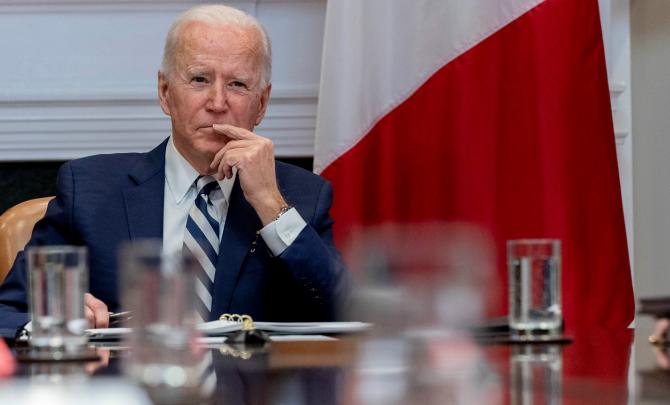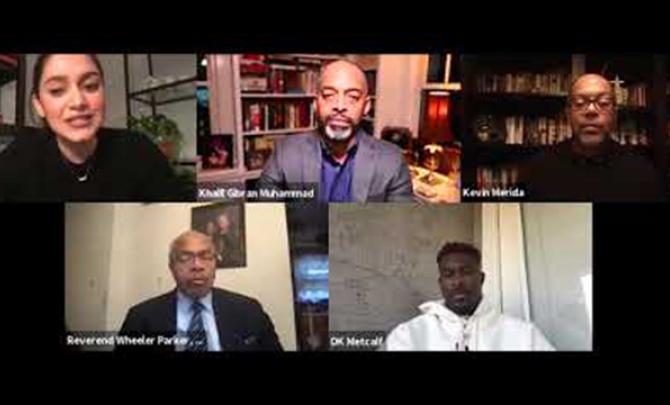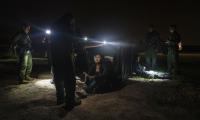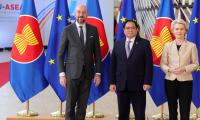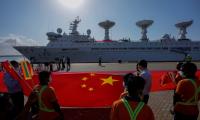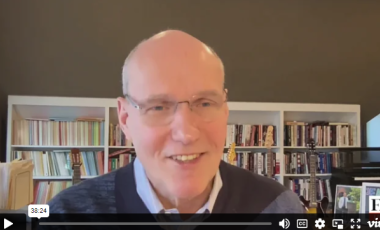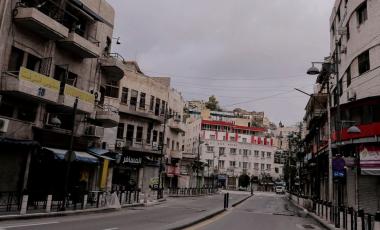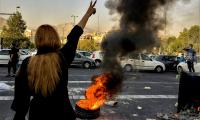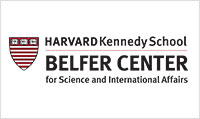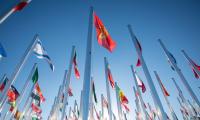The overarching question imparting urgency to this exploration is: Can U.S.-Russian contention in cyberspace cause the two nuclear superpowers to stumble into war? In considering this question we were constantly reminded of recent comments by a prominent U.S. arms control expert: At least as dangerous as the risk of an actual cyberattack, he observed, is cyber operations’ “blurring of the line between peace and war.” Or, as Nye wrote, “in the cyber realm, the difference between a weapon and a non-weapon may come down to a single line of code, or simply the intent of a computer program’s user.”
RSS
Topic
Coronavirus
The COVID-19 pandemic is first and foremost a public health challenge. It’s also a test of leadership, fast-moving policy analysis, scientific and technological expertise, and international security and relationships – areas where the Belfer Center’s expertise is especially relevant. To help the public better grasp the multi-faceted challenges posed by this virus, and ways we can address them, the Center has curated several pieces of content and work streams from our various research areas. We are updating this list regularly.


